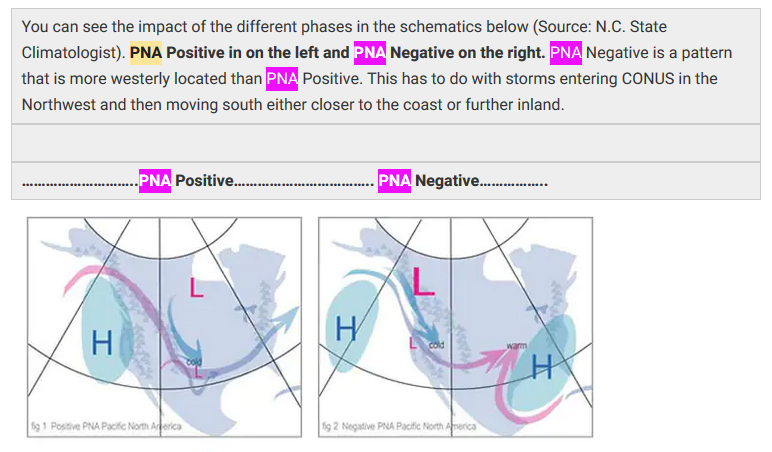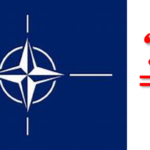In the March 2022 edition of the CLIMAS Southwest Climate Podcast, Mike Crimmins and Zack Guido “dive into a recap of winter (so far) in the Southwest. First, recap winter to date, and put it in the context of a double-dip La Niña, including precipitation totals, temperature, and snowpack. Then they take a closer look at the phases of the PNA (Pacific/North American pattern) and how this links to ENSO/La Niña and the weather conditions this winter. Finally, they revisit temperature to consider just how “cold” it has actually been, and preview a closer look at fire outlooks, snowpack, and water supply in upcoming podcasts”.
Click on the image of the control panel above to gain access to the control panel for the podcast. Alternatively, the link is: https://climas.arizona.edu/podcast/mar-2022-southwest-climate-podcast-coldish-windy-and-dry-winter-recap-looking-ahead
I am not going to try to explain what they explain in the podcast since they do a better job than I could. But I will provide one graphic that might be useful.
Pacific/North American teleconnection pattern (PNA)

They describe the PNA in more detail by focusing a bit more on the area to the west in the Pacific. They also talk more about the Aleutian Low. So it is a pretty good lesson on how ENSO interacts with the Jet Stream and the Walker Circulation. I do not agree 100% with them – mostly in terms of February which was supposed to be PNA- and perhaps it was not.
The PNA may be thought of as impacting mostly the West. But, as you can see, it really impacts all of the U.S. They also discuss the Madden Julian Oscillation. (MJO). But I have no intention of trying to redo their presentation as they know what they are doing. And they know how to be entertaining about it.
So enjoy.
They provide some very interesting observations.
If one wants additional information this article which I wrote a long time ago might be helpful. https://econintersect.com/pages/contributors/contributor.php/post/201702220033
In the Podcast, the authors refer to a fairly recent article that I do not have access to but I will try to get it. I think it is very relevant. We continue to learn.

